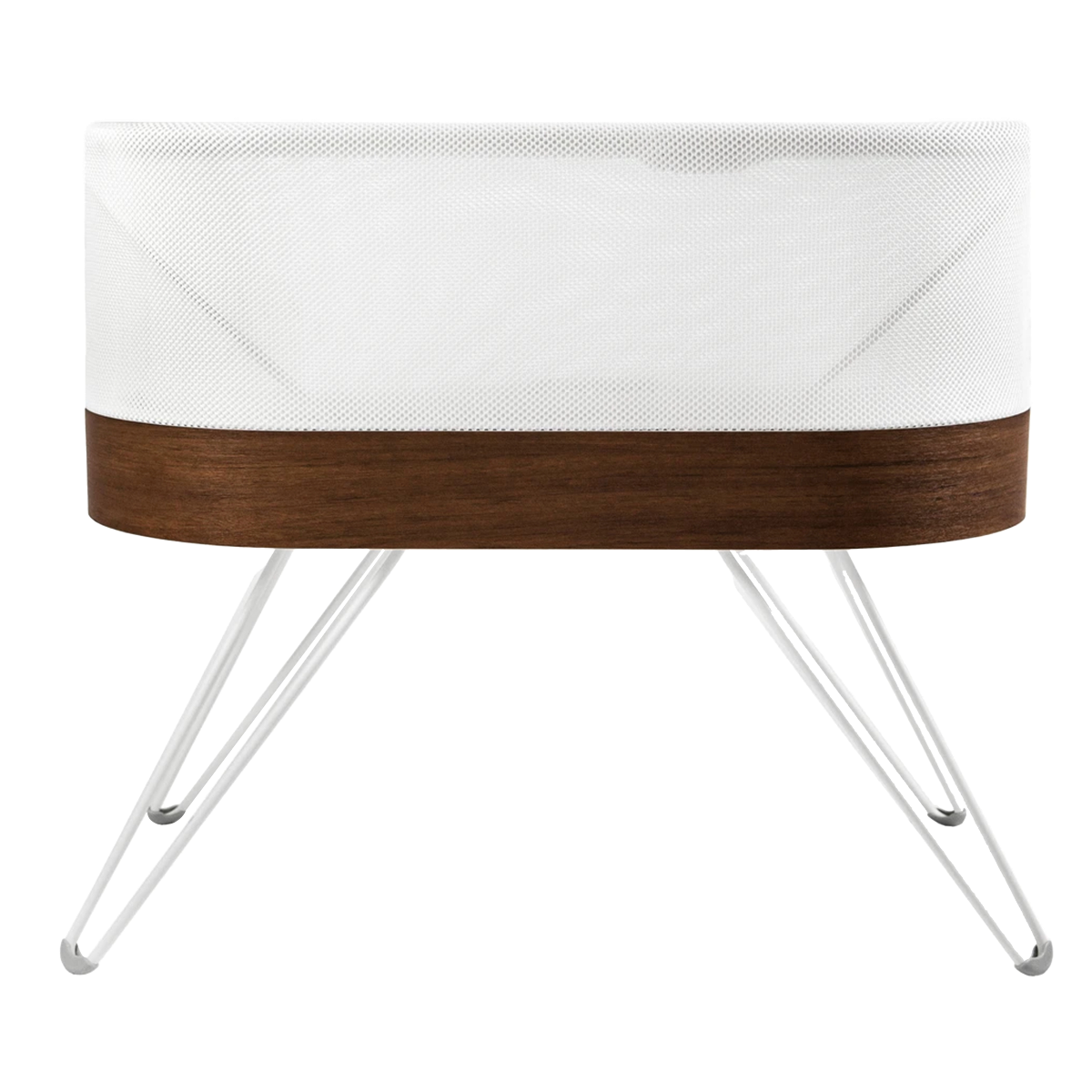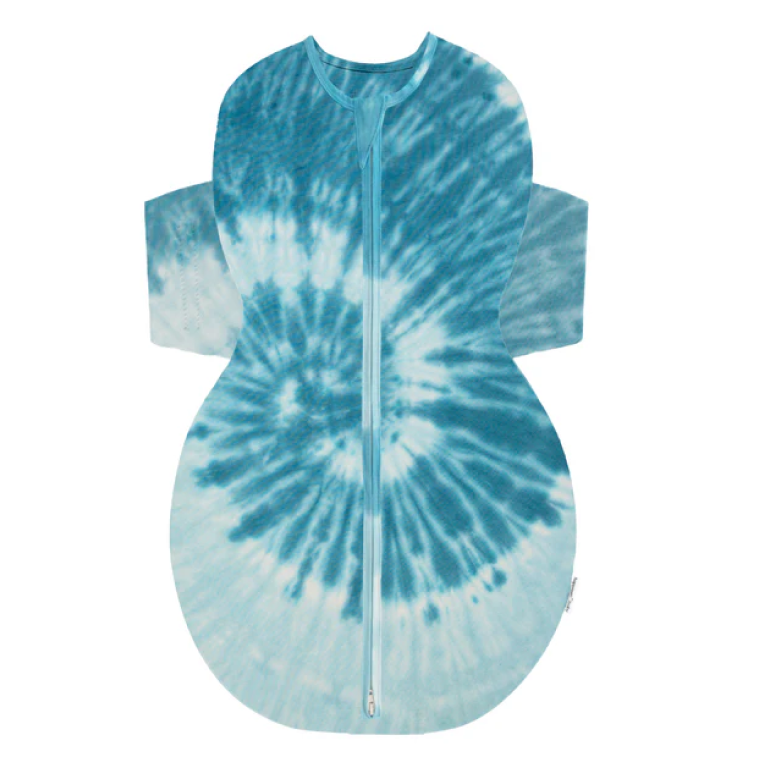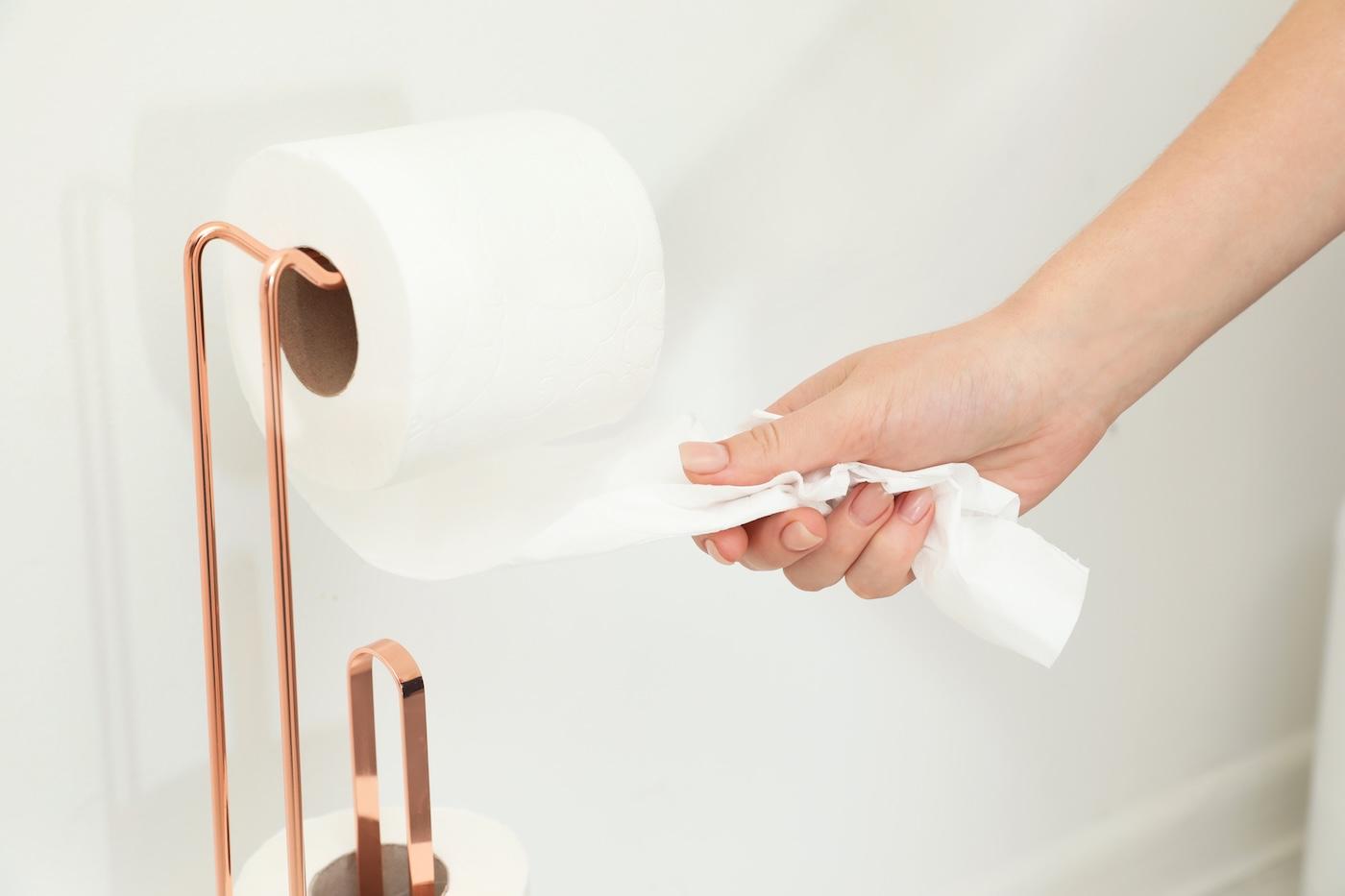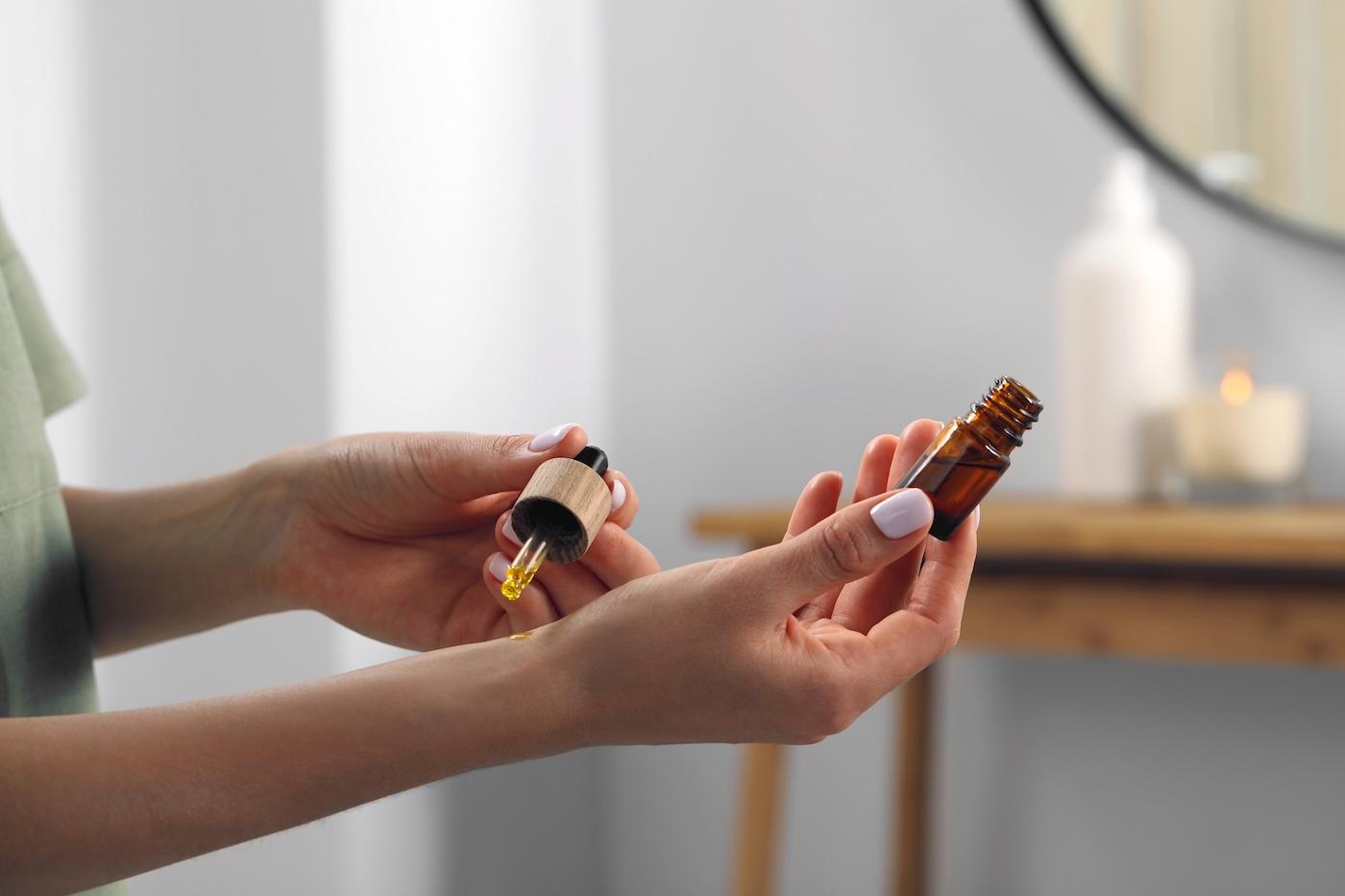PREGNANCY
When Is the Best Time to Have a Baby Shower?
Before you nail down a theme, you’ve gotta pick a date!

Written by
Happiest Baby Staff

You’re planning a baby shower! Your head is probably already spinning with themes, creative confections, and guest-pleasing games. But first, you’ve got to nail down a date! And with the parent-to-be popping at some point, you’ve got a finite window to work with. So, when is the perfect time to throw a baby shower? While there’s no one-size-fits-all answer, here’s what to take into consideration as you zero in on a date for this special occasion.
The Traditional Sweet Spot: Around 28 to 32 Weeks
Most baby showers are held during the early third trimester, typically between 28 and 32 weeks. This window is the goldilocks zone! By this point, the pregnancy is well along and often visibly showing (hello, bump photos!), but it's still early enough that the expectant parent can comfortably participate in the festivities.
Pros: Ample time to plan, send invitations, and receive registry items. The parent-to-be is usually still feeling energetic enough to mingle and enjoy the party.
Things to consider: Scheduling a bit earlier (around 28 weeks) can be wise for those expecting multiples or who may be at risk for early delivery.
Earlier Showers: Second Trimester Celebrations
If travel plans, weather, or health concerns are in play, some families opt to host the baby shower earlier—around 20 to 24 weeks. This can be a practical choice for military families, those with long-distance guests, or parents experiencing pregnancy complications who prefer not to wait too long.
Pros: More flexibility for out-of-town guests and a lower chance of last-minute cancellations due to early labor.
Things to consider: It might feel a bit early to dive into newborn planning when the due date is still months away.
Later Showers: Close to the Due Date
Occasionally, showers happen closer to the 35- to 37-week mark. While this timing gives guests a better idea of what the baby might need (especially with second or third babies), it does come with the risk that you may have to scrap shower plans if the baby-of-the-hour arrives before their due date!
Pros: Parents are fully immersed in baby prep mode, and there’s often a lovely sense of anticipation in the air.
Things to consider: There’s a higher chance that the baby might make an early debut—or that the expectant parent might be too uncomfortable or tired to fully enjoy the gathering.
Post-Baby Showers: Meet the Little One!
Who says baby showers have to happen before the guest of honor arrives? Some families choose to celebrate with a “sip and see” after the baby is born. This is especially common for second-time parents or in cultures where pre-birth celebrations are less traditional.
Pros: Guests get to meet the baby, and parents can share what they still need (based on real-time experience).
Things to consider: Newborn care, postpartum recovery, and sleep deprivation can make hosting a challenge—so keep things casual and low-key…or plan something well outside of those tender first postpartum weeks.
Other Timing Tips to Keep in Mind
Seasonal considerations: If you're due in the middle of summer or the depths of winter, you might want to schedule your shower for a milder month.
Host availability: Sometimes the best date is simply when your loved ones can gather.
Virtual options: If loved ones are scattered far and wide, consider a virtual shower or hybrid setup—timing can be more flexible here, too!
Whether you're planning a big bash in your third trimester, a quiet virtual shower at 20 weeks, or a post-birth party once baby arrives, there's no wrong answer. It's all about gathering your village to support and celebrate your growing family.
Need help planning? Check out our baby shower etiquette guide for tips on invites, gifts, and party dos and don’ts!
More Baby Shower Inspo:
- What to Write in a Baby Shower Card
- What's Up With the Nesting Shower Trend?
- Adorable Baby Sprinkle Invitations
- Your Ultimate Baby Shower Planning Guide
Disclaimer: The information on our site is NOT medical advice for any specific person or condition. It is only meant as general information. If you have any medical questions and concerns about your child or yourself, please contact your health provider.
SHARE THIS ARTICLE
MOST LOVED
Sleepytime Sidekicks












